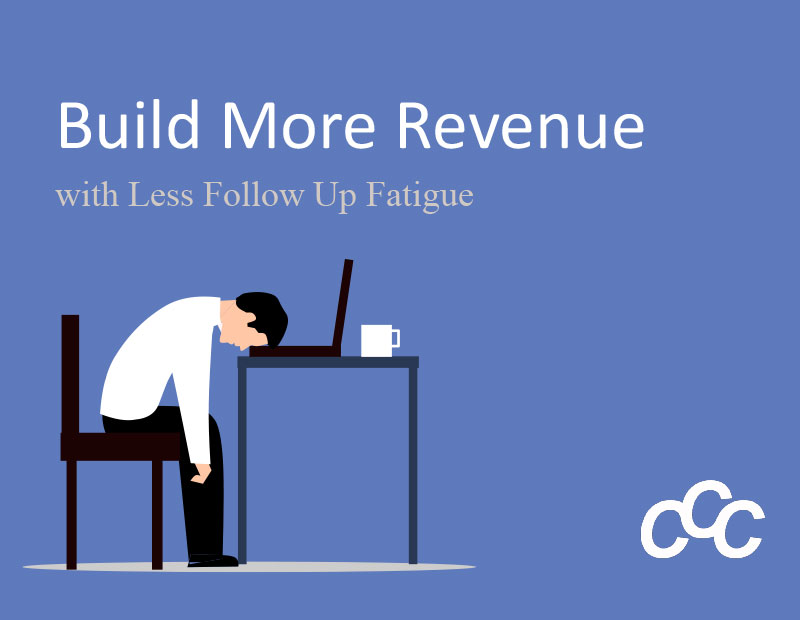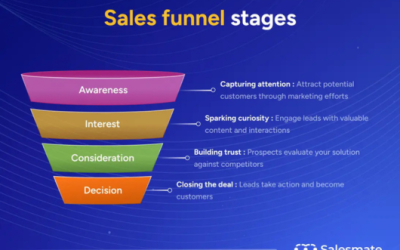How can someone LOVE their CRM? First, there are reasons to hate CRMs. Some are too limited, promise the world but deliver headaches and no support. Others are complicated and hard to use.
CRMs come in all sizes and 3 broad levels:
- Electronic rolodex with some task management.
- Mail list manager including segmented lists.
- Automation, workflow, and process tracking.
Each level has the prior levels functionality so decide what you need and set a budget.
WHO USES A CRM?
Business owners and marketing and sales teams use CRMs. Typically, the owner or executive recognizes its needs:
- They and their reps can’t keep up with their leads.
- Sales meetings are a mess.
- The team uses sticky notes, handwritten lists, and spreadsheets to track its work.
- There is limited communication between marketing and sales teams.
Each creates Follow Up Fatigue (FUF).
As managers, they want a CRM to help manage:
- Leads so leads do not control them.
- Client Relationships by reminding them to visit clients when not on a project.
- Tasks, notes, emails, and quotes by clients, leads, and projects.
- Sales reps with the sales funnel, daily rep updates, and reporting.
They want a CRM to be the backbone for marketing and sales.
WHY LOVE A CRM?
Imagine if your CRM gave you 4 to 8 extra hours per week. What if you spent that time with your best clients and prospects? What about your reps?
Use your CRM to:
- Build your company’s economic value.
- Increase your sales conversion rate.
- Free up 4 to 8 hours per week.
- Communicate with prospects, clients, and staff automatically.
#1 is critical to every owner. Numbers 2-4 add to #1. Use #4 to achieve #3. When you spend 4 to 8 hours with your best prospects and clients, you will convert more sales and build greater economic value.
Use your CRM to produce revenue. Otherwise, it’s a rolodex.
Economic Value – My Sales Rep Quit
What happens when a sales rep quits? What happens to the rep’s institutional knowledge, emails, and notes? Your company is strongest when the CRM holds the knowledge.
The CRM’s institutional memory reduces client friction, smooths each transition, and adds economic value.
#2 – #4 Relationships and Lead Conversion
Everyone you meet needs your warmth and attention but how can you follow up with everyone? You can’t! You can only follow up with your “A&B” prospects.
Use automation to convert opportunities into sales. Rank prospects and spend time with your “Besties.” Use interpersonal skills and the CRM to build buyer trust and connect with buyer emotions. Set up “auto” reminders and emails to nurture and educate.
A CRM’S SECRET SAUCE
What if you gained 4 to 8 hours per week for you and each sales rep? What impact will it have on your sales?
WANT TO LOVE YOUR CRM?
Learn about our CRM’s Secret Sauce. Set Up a meeting today!





